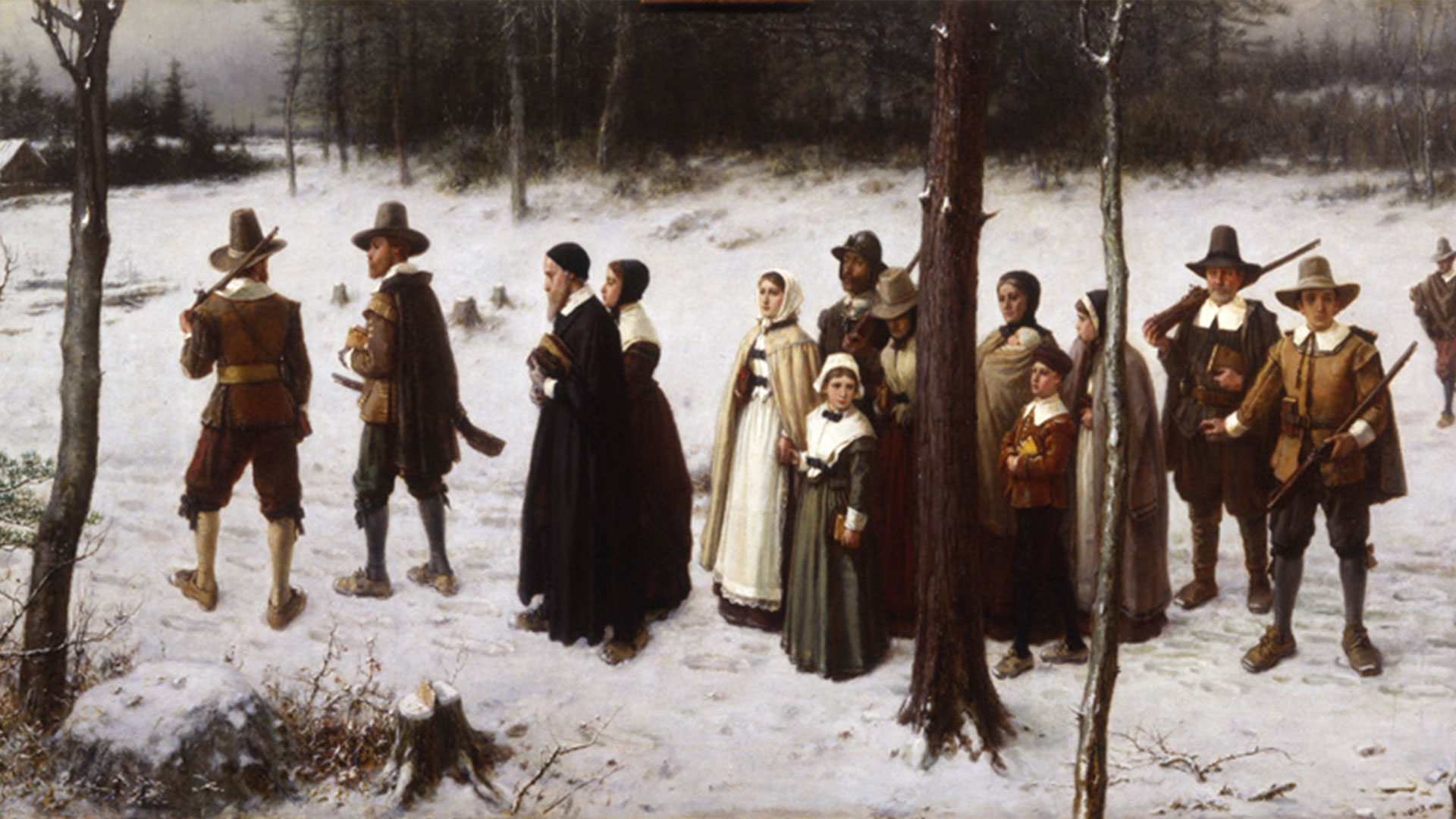Really struggling mentally with some sadness, afterlife thoughts and family relationships. Life is short and I feel so uncertain.
Birdman Ill be praying for you. Think about this and feel free to let me/us know if you have anymore questions. Good starting point in answering or responding to your post above.
"In answering questions about life after death, we are left with only two sources to consult. Either we turn to human experience or we turn to the Word of God. If we turn to human experience, we find many guesses, many ideas, many theories—but no sure answers. That’s because, in the nature of the case, no human has a sure answer. The only people who have the answer are dead! That leaves us with the Word of God. In God’s Word we find ample, abundant answers. God who knows the future knows what happens when we die, and he hasn’t left us to wonder about it. The Bible is filled with information on life after death!
If you want the answer in one sentence here it is: What happens after you die depends on what happens before you die." Heres what Bible says. Plenty more than what is listed below.
Birdman If you are a christian. Truly saved, have a relationship with God through Jesus Christ his son. You have nothing to fear -afterlife. Actually you will be looking forward to it. Im not going to Heaven because Im a member of a church,tithe,good citizen, Fill in the blank. Im going to heaven because of my beleif and faith in Jesus Christ finished work on the cross. Because I beleive He [Jesus Christ] overcame death, hell and the grave.
John 3:16 FOR GOD SO LOVE THE WORLD,THAT HE GAVE HIS ONLY BEGOTTEN SON, THAT WHOSOEVER BELEIVE IN HIM,SHALL NOT PERISH,BUT HAVE EVERLASTING LIFE.
JOHN3:17
For God sent not his Son into the world to condemn the world; but that the world through him might be saved.
God gives us the freewill to chose him or follow our own will,desires. The choice is ours.
Make no mistake. My advice and Bible is very clear. We dont just walk around here on earth to live an average lifespan of 72.5 years so we can die,our bodies get thrown into a grave and thats it.
Everyone has eternal life. We decide where we will spend it. Im as im-perfect as they come. Try to do right thing,be good dad,husband,citizen,co worker etc. But I come up short, certainly dont walk on water. But praise God he loves me,you, all man enough to rob heaven of its richest treasure,his son and send him to this earth over 2021 years ago, to make a way for a no good sinner like me. Changed my life forever. Have a peace that passes all understanding. Thats actually a goid ole hym song by the way. I have trials still,battles. But Birdman I have a peace like no other. Even in my trials. Anyone can have that peace. ITS FREE. A GIFT. Why we celebrate Christmas, that Gift God gave the world when he sent his son
Hebrews 9:27-28
27 Just as people are destined to die once, and after that to face judgment, 28 so Christ was sacrificed once to take away the sins of many; and he will appear a second time, not to bear sin, but to bring salvation to those who are waiting for him.John 14:1-3
1 “Do not let your hearts be troubled. You believe in God; believe also in me. 2 My Father’s house has many rooms; if that were not so, would I have told you that I am going there to prepare a place for you? 3 And if I go and prepare a place for you, I will come back and take you to be with me that you also may be where I am.Philippians 1:21-23
This is Paul, who knows when he dies, hes going to heaven.
21 For to me, to live is Christ and to die is gain. 22 If I am to go on living in the body, this will mean fruitful labor for me. Yet what shall I choose? I do not know! 23 I am torn between the two: I desire to depart and be with Christ, which is better by far;
Revelation 20:11-15
11 Then I saw a great white throne(A) and him who was seated on it. The earth and the heavens fled from his presence,(B) and there was no place for them. 12 And I saw the dead, great and small,(C) standing before the throne, and books were opened.(D) Another book was opened, which is the book of life.(E) The dead were judged(F) according to what they had done(G) as recorded in the books. 13 The sea gave up the dead that were in it, and death and Hades(H) gave up the dead(I) that were in them, and each person was judged according to what they had done.(J) 14 Then death(K) and Hades(L) were thrown into the lake of fire.(M) The lake of fire is the second death.(N) 15 Anyone whose name was not found written in the book of life(O) was thrown into the lake of fire.

 www1.cbn.com
www1.cbn.com

 www1.cbn.com
www1.cbn.com

 www.newsbreakapp.com
www.newsbreakapp.com










